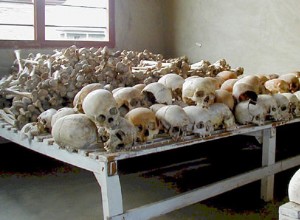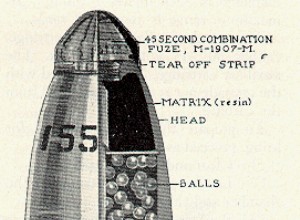As the final stage of prehistory is known, that we can consider in many cases protohistory, is directly related to the use of metals. Hence, since the 19th century, its temporal divisions mainly serve a greater use of some, compared to others. In such a way that three main periods are known, the Cop




